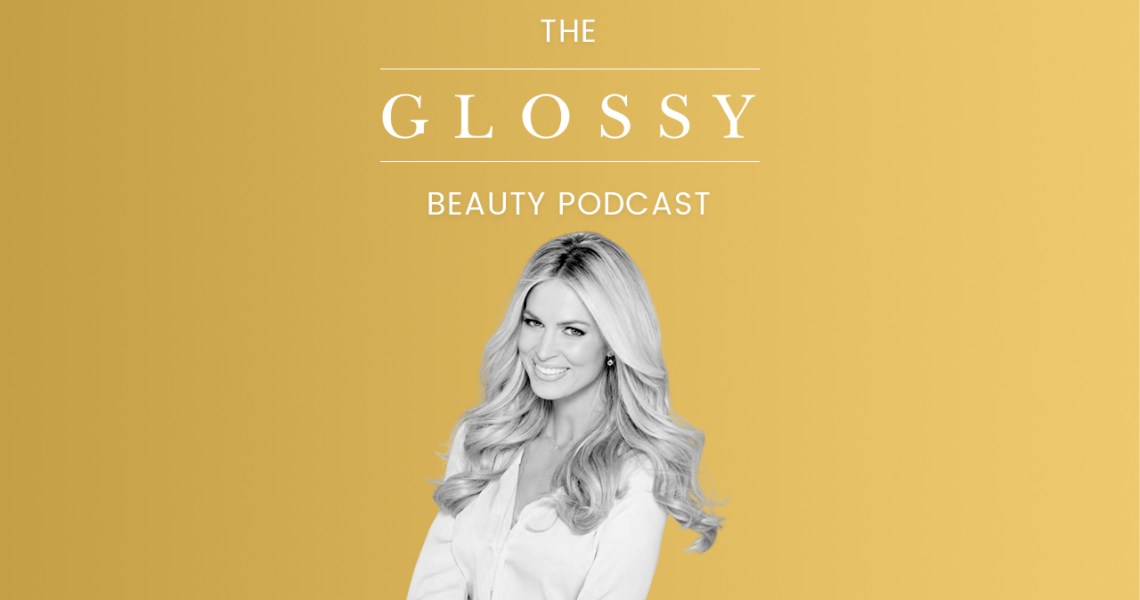Subscribe: Apple Podcasts | Stitcher | Google Play | Spotify
BeautyBio founder and CEO Jamie O’Banion describes part of her job as “always thinking through worst-case scenario and planning for it.” With the coronavirus pandemic overtaking consumers’ health and simultaneously slowing down the U.S. and global economy, that scenario is now — with one respite, according to O’Banion.
“Most beauty brands are really seeing this hockey-stick revenue uptick, the back half of the year,” she said on this week’s episode of the Glossy Beauty Podcast. “So from a timing perspective, I think as an industry we’re all grateful. If there was a time for this to happen — which god forbid, we would never wish it upon anyone — I think we’re all really grateful that this is the time of year.”
BeautyBio, which sells skin-care products and a micro-needling tool, had been looking to expand considerably into brick-and-mortar this year. That included plans for 50 Sephora stores this month with the remaining 400 Sephora stores in the U.S. by fall. It had also planned launches in Australia through Mecca and Sephora’s Southeast Asia in Q2.
Now O’Banion sees her company’s omnichannel sales capability as a strength against the pandemic’s devastating blow to physical retail. “That was a really important initiative to me in the last five years. My No. 1 goal was making sure that we were never totally exposed by single-channel distribution,” she said. “And I think [now] it’s going to help brands really pause and think about their overall distribution strategy.”
In the episode, O’Banion also talked about the importance of keeping the company’s team together and the test of marketing and messaging in today’s climate.
Here are a few highlights from the conversation, which have been lightly edited for clarity.
Keeping the team together
“Team preservation, as much as you can, is really important. As we see through and look to the other side of what this looks like, we certainly don’t want to put ourselves in a position of having to rebuild a team that was in place before the crisis. So I do think it’s critical to make decisions that really have that long-term perspective in the front of each of our minds as business owners. And as much as we can, be generous. Especially for our freelance and field teams. Right now we are paying our field team, and they’re not working. And as long as we can do that and it makes financial sense, we will continue to do that, because these freelance workers don’t have the same job security that someone else that’s working a corporate salary, and they are on the front lines.”
The industry’s messaging isn’t up to snuff
“One thing that I learned watching many brands launch when I was on the R&D side of the business is messaging. You can have the greatest product on the planet Earth, but if that’s not clearly communicated, so what? Who cares? I remember being at Neiman Marcus — BeautyBio is obviously there now — and I helped another brand launch. I remember talking to someone at the counter, and I knew very well what the inkey deck looked like, what it was supposed to do. I was so excited, I said, ‘Tell me about this product.’ And the sweet girl at the counter … it could not have been further from the truth. And I just had this moment where I said, ‘This is, industrywide, the worst game of telephone. There has to be a better way.”
A pandemic now is better than a pandemic later
“In the CPG vein specifically, most beauty brands are really seeing this hockey-stick revenue uptick, the back half of the year. So from a timing perspective, I think as an industry we’re all grateful. If there was a time for this to happen — which god forbid, we would never wish it upon anyone — we’re all grateful that this is the time of year. Imagine Q3, Q4. Brutal. So the good news is it is possible to recover.”
Omnichannel proves its worth
“For us as a brand, because we have such a strong business on our own website, on television, we have other areas we’re able to lean into as a business. [For] my founder friends who are exclusive only to one retailer, [it’s] far more impactful. That was a really important initiative to me in the last five years. My No. 1 goal was making sure that we were never totally exposed by single-channel distribution. And I think it’s going to help brands really pause and think about their overall distribution strategy, and how do we put ourselves in a position that, heaven forbid, we have these extreme circumstances in any channel. What if there was a cybersecurity breach and all of our websites and e-comm [sites are] shut down?”




